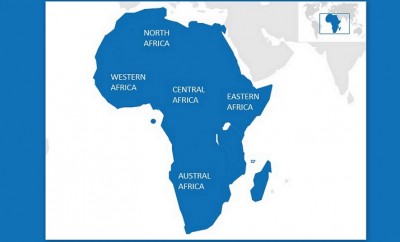
Putting the recent coups in the Sahel in broader perspective
The recent spate of coups (or serious attempts) in Burkina Faso, Chad, Guinea, Guinea-Bissau, Mali, Niger, and Sudan are not just about democratic backsliding. They are also symptoms state-building failures, elite complacency, perceived failures of democratic government, and the shaky sovereignty of these states. Unfortunately for the citizens of these countries, the constellation of pivotal actors that will shape their immediate future — from ruling elites, to regional and global organizations, to donor countries and major powers — have conflicting incentives and are unlikely to make the investments needed to cycle out of the coup trap.
This post attempts to put the recent coups in the so-called “coup belt” in perspective and provides some thoughts on potential ways forward for affected countries. Having a firm understanding of how we got here is important for making sure that 1) everyone has a realistic understanding of the problem at hand; and 2) pivotal actors do not keep repeating the same mistakes.
Perhaps with the exception of Guinea, all affected countries experienced coups partially as a by-product of the imbalanced aggrandizement of their armed forces in the face of serious security threats — whether from domestic insurgencies, organized crime, or the spread of militancy related to the global “war on terror” and/or insecurity contagion from failing neighboring states. Geographic diffusion has since locked in strong negative neighborhood effects, especially since affected countries typically are also involved in proxy conflicts with each other. It follows that the coup risk in affected states will most likely not subside unless their domestic elites serious invest in the painstaking tasks of state-building, repairing their social contracts, and tackling overall regional drivers of insecurity.
The usual formula of add deeply-flawed elections, sprinkle some foreign aid, stir, and then leave — beloved by the “the international community” — will not work. If anything, it will likely multiply the list of grievances fueling political instability within and across countries in the region. Unfortunately for everyone involved, there are no easy solutions to the problem of state weakness. State-building in socio-politically fractious low-income states is one of the biggest challenges of our time. Plus the current international system’s tolerance of weak states means that there are no structural incentives to invest in state-building. Finally, it doesn’t help that a lot of experts out there prefer to hide behind the dangerous delusion that weak states wracked by systemic instability and unbelievable levels of violence can simply elect their way to political order and economic prosperity.
Συνέχεια εδώ




